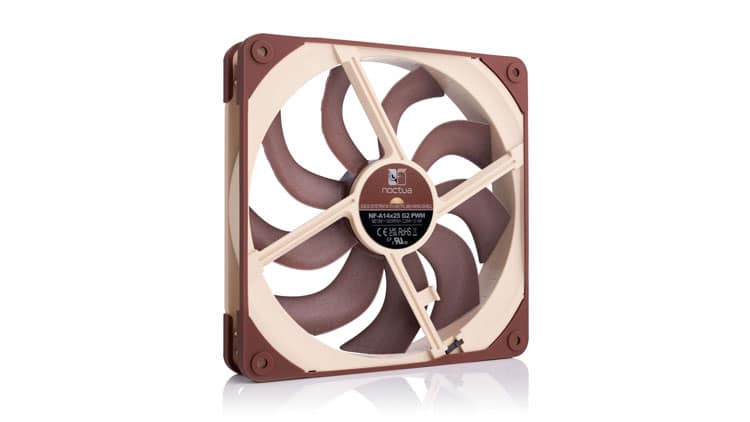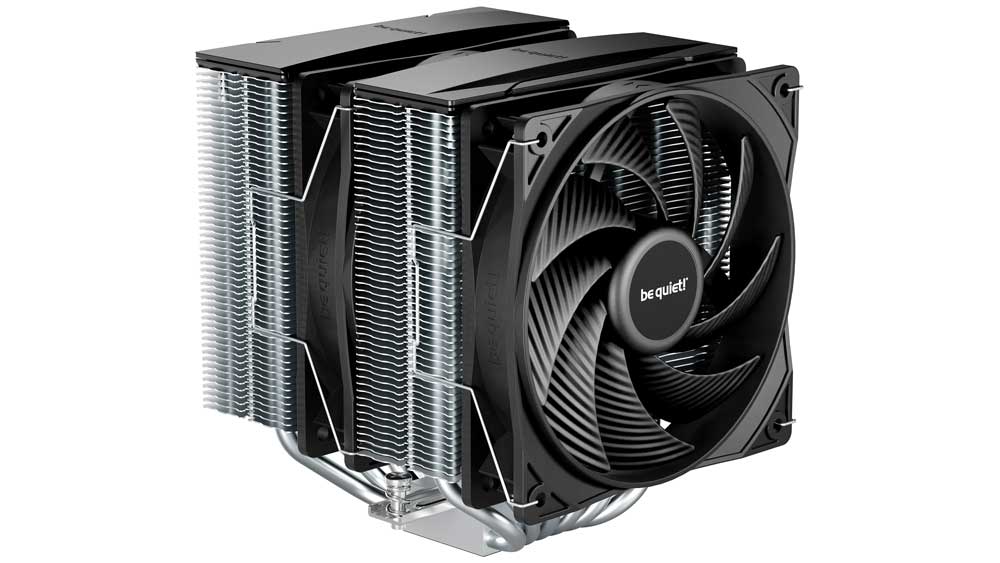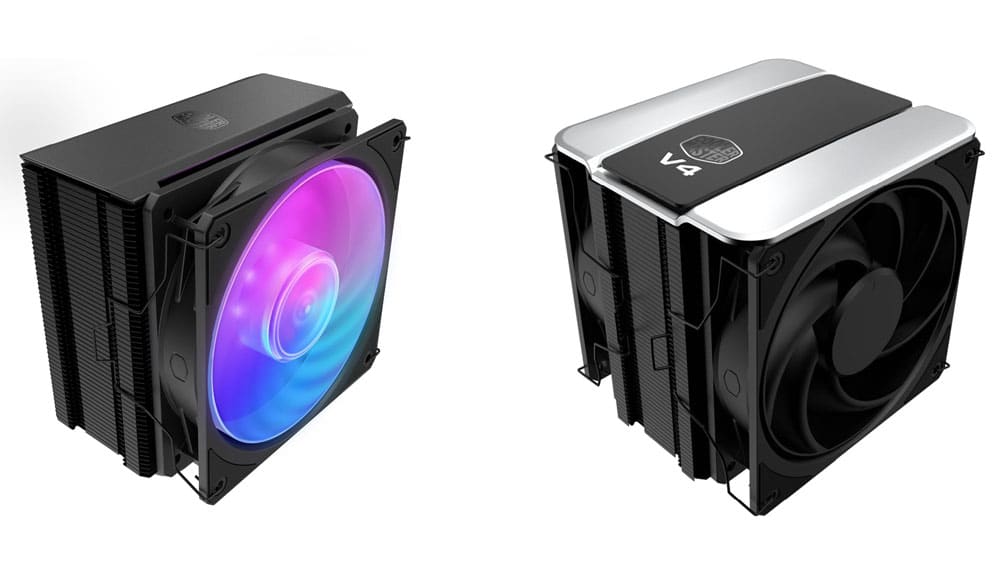Advertised Vs. Real Performance
This is probably the most crucial page, showing how accurate the data provided by the manufacturers/brands on their products is. Since nobody could verify these numbers so far, it was an open field for every brand to declare whatever it wanted, but this stops now. I should also note that I strictly follow the specific guidelines (ISO7779: 2018) for taking noise measurements in information technology and telecommunications equipment.
A note here about the power consumption numbers: so far, I noticed that most brands provide power consumption information without static the precise fan operation, whether it is operating at max airflow, max static pressure, or a state in between. The fact is that when the fan is under load, meaning that it delivers its full static pressure, its power consumption increases. This is why, if there is no information on the fan’s operating conditions, I will compare the advertised power consumption with the readings I have at 100% fan speed with an obstacle (max static pressure) and without (max airflow). In case there is power consumption information stating the fan’s operating condition, I will provide the corresponding results I got.
In the table below, anything in Red means bad news, while the Blue fonts are good!
| Performance Metric | Advertised Performance | Real Performance | Difference |
| Max Speed (RPM) | 1500 | 1513 | +0.87% |
| Max Input Current (A) – Max Airflow | 0.19 | 0.16 | -18.75% |
| Max Input Current (A) – Max Static Pressure | 0.19 | 0.28 | +75% |
| Max Power (W) – Max Airflow | 2.28 | 1.92 | -15.9% |
| Max Power (W) – Max Static Pressure | 2.28 | 3.35 | +46.93% |
| Qmax (CFM) | 91.6 | 94.59 | +3.26% |
| Pmax (mmAq) | 2.56 | 2.51 | -1.95% |
| Max Noise Level (dBA) | 24.8 | 32.4 | +7.6 dBA |
As it seems, Noctua provides the power readings with the fan at its max airflow since power consumption is way higher than the claimed values at its max static pressure. The airflow performance is higher than the claimed one, while the static pressure is slightly lower. The significant difference is in the output noise, but I don’t know which standard Noctua follows for its noise measurements.



Kinda surprised you didn’t include the NH-D15. The NF-A14x25 is the successor to the D15. Wouldn’t you want to know how much better it is to the D15? Totally lame review.
Do you understand what you write? You confuse a cooler (D15) with a fan?
As an example: https://postimg.cc/67WQtBP7 (link to https://postimages.org)
It may hurts eyes, sorry 🙂
Brighter colors – NF-A14x25 G2, 50% PWM
Dimmer – Silent Wings 4 Pro 140, Mid Range, 50% PWM
It looks like the NF-A14x25 G2 is superior to the SW4 Pro as a fan for the case (I’m guided by the graph from Noctua: https://noctua.at/pub/media/wysiwyg/A14_further_reading_1_Highly_optimised_PQ_curve_for_all_applications.png) and for the radiator of the tower cooler, but loses as a fan for the radiator, which generally corresponds to tests on other resources.
Greetings!
Thank you so much for your reviews, everything is simple, technologically advanced and accurate.
I would like to suggest adding a P/Q Graph for 20, 25 and 30 db to compare fans in the “Normalized Noise Tests” category.
It would probably be more visual, and correct, from the point of view of testing performance close to real.
Have you considered this option?
As an example: https://ibb.co/4SSw81X
It hurts my eyes, I’m sorry 🙂
Brighter colors – NF-A14x25 G2, 50% PWM
Dimmer – Silent Wings 4 Pro 140, Mid Range, 50% PWM
It looks like the NF-A14x25 G2 is superior to the SW4 Pro as a fan for the case (I’m guided by the graph from Noctua: https://noctua.at/pub/media/wysiwyg/A14_further_reading_1_Highly_optimised_PQ_curve_for_all_applications.png ) and for the radiator of the tower cooler, but loses as a fan for the radiator, which generally corresponds to tests on other resources.